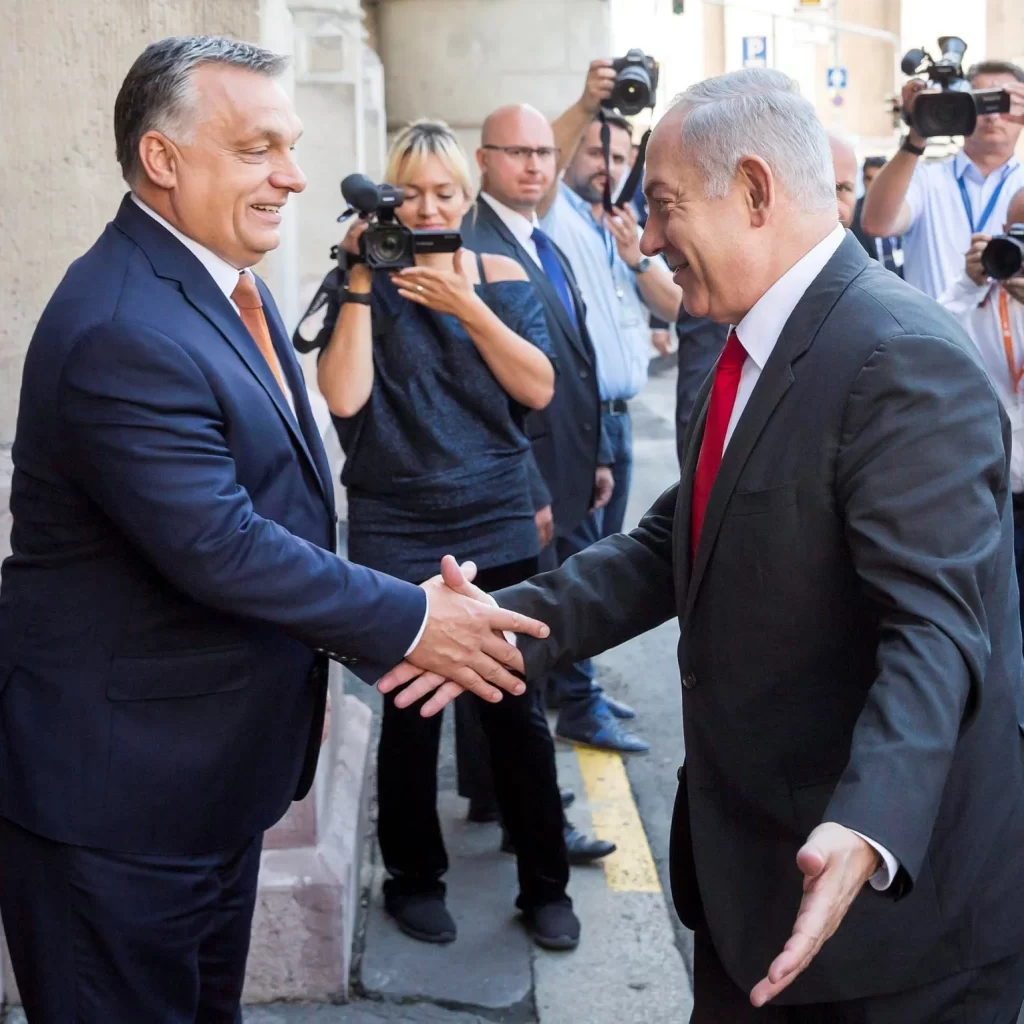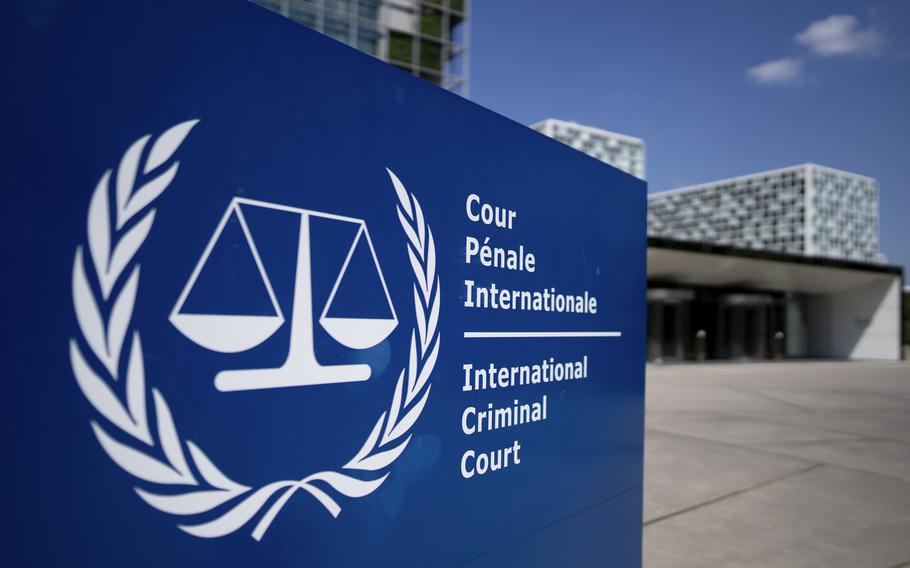European nations fractured along political and diplomatic lines Friday over the International Criminal Court’s arrest warrant for Israeli Prime Minister Benjamin Netanyahu, as Hungarian Prime Minister Viktor Orban extended an explicit invitation while other EU members pledged to enforce the court’s decision.

“Today I will invite Israel’s prime minister, Mr. Netanyahu, for a visit to Hungary and in that invite I will guarantee him that if he comes, the ICC ruling will have no effect in Hungary, and we will not follow its contents,” Orban declared, calling the warrants “brazen, cynical and completely unacceptable.”
The ICC’s Thursday decision to issue warrants for Netanyahu, former Defense Minister Yoav Gallant, and Hamas leader Ibrahim Al-Masri over alleged war crimes in Gaza has created a significant diplomatic challenge for European nations, all ICC members legally obligated to execute its warrants.
“For us Europeans, this warrant exposes a real dilemma between international law, which is our law, and our foreign policy, especially for those member states that are unconditionally backing Israel,” Eurointelligence analysts noted.
Major European powers have adopted notably different stances. Germany, citing its unique historical responsibility toward Israel stemming from the Nazi era, declined to specify how it would respond to a potential Netanyahu visit. “Germany is one of the biggest supporters of the ICC – this attitude is also the result of German history,” a government spokesperson said, while emphasizing the country’s “unique relations and great responsibility with Israel.”

France moderated its initial response, describing the ICC’s action as a “formalization of an accusation” rather than a ruling, with officials privately expressing concerns that pressuring Netanyahu could derail Lebanese ceasefire negotiations.
The Netherlands, Finland, Ireland, Italy, and Spain have committed to fulfilling their ICC obligations, while Cyprus, despite close Israeli ties, acknowledged the warrants as legally binding. In the Netherlands, far-right leader Geert Wilders, head of the largest government party though not a cabinet member, announced plans to visit his “friend” Netanyahu in Israel despite his government’s stance.
The Czech Republic exhibited similar tensions between legal obligations and political sympathies, with its foreign ministry affirming respect for international legal commitments while Prime Minister Petr Fiala labeled the ICC decision “unfortunate.”
The ICC, lacking its own enforcement mechanism, relies on member states’ cooperation to execute its warrants. The divergent European responses highlight growing rifts in the continent’s approach to international law and Middle East policy.



